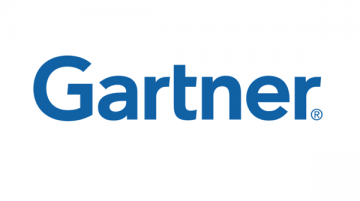 Demand driven retail success is dependent on getting a range of factors right, Gartner has said.
Demand driven retail success is dependent on getting a range of factors right, Gartner has said.
According to the company, defining the role of supply chain, span of control and metrics maturity are the key to retail success.
Demand-driven retailing is based on a range of technologies and processes that analyze and capture consumer behaviour. This is then teamed up with demand, supply and product analysis in a bid to to fulfil customer expectations, improve operational performance and in turn give a profitable response across a network of suppliers, employees and sales channels.
In a survey of retail industries in North America, Western Europe and Asia/Pacific, the company said that there were three important bit to getting this right.
Firstly the supply chain, which Gartner pointed out varied in role by retailer, was
named as one of the key things to help businesses with their strategy. It said its survey highlighted that 64 percent of respondents were more likely to deliver return on assets (ROA) of greater than 16 percent when using this chain properly.
The supply chain so-called “span of control” was another factor highlighted by the company, which said although the role of the supply chain may differ by retailer, the best shared one common trait — they define their supply chains more inclusively than their peers.
It said many retailers use a narrow span of control (such as distribution centre [DC] operations, transportation and procurement) to define their supply chains.
Smarter retail supply chains went a step further and broadened the span of control to include forecasting, replenishment, new product launch and sourcing responsibilities.
Finally, Gartner said that establishing a robust set of end-to-end supply chain metrics was also an important factor with many retailers today measuring aspects of their supply chains, but also identified a need for a more-comprehensive measurement program.





